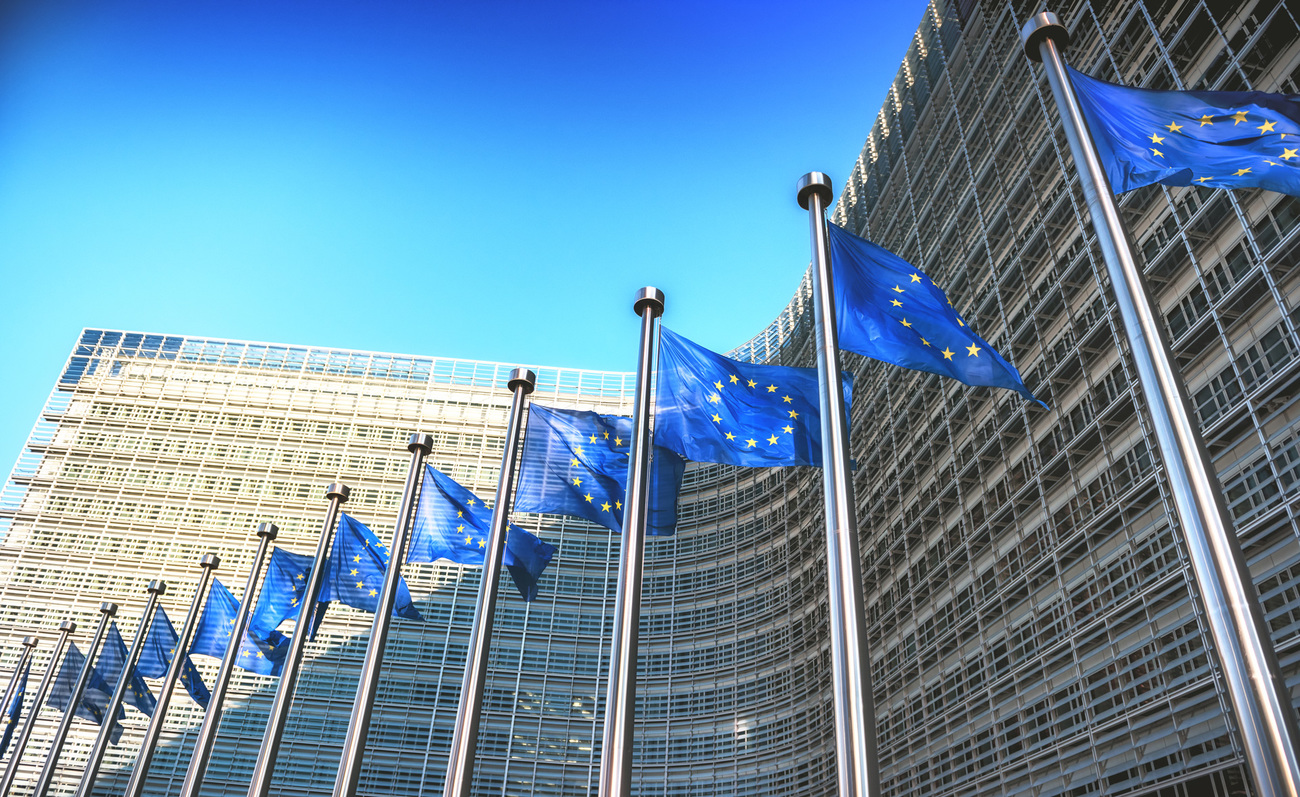new EU Action Plan on fisheries: too weak to drive action
new EU Action Plan on fisheries: too weak to drive action

(Brussels – 21 February 2023) – Today the EU Action Plan on “Protecting and restoring marine ecosystems for sustainable and resilient fisheries” was published by the EU Commission. This long-awaited document aims to make EU fisheries more resilient, encouraging sustainable fishing practices while ensuring that fishing interests contribute to the protection and restoration of the marine ecosystems on which they depend.
“This Action Plan is welcome, as urgent action is crucial to tackle pressures on marine wildlife and to ensure their proper protection” comments Ilaria Di Silvestre, Head of EU Policy & Campaigns at IFAW (International Fund for Animal Welfare). “However, IFAW is deeply concerned by the weakness and lack of ambition of the planned actions.”
“To help the thousands of birds, dolphins and harbour porpoises dying horrific deaths in fisheries we need immediate action and real vision, not another vaguely worded document. The tools and solutions to stop protected species being killed exist and a strong, immediately implementable plan is required to change the situation on the water now,” continues Di Silvestre.
The now published Action Plan in its wording is even weaker than existing EU legislation and lacks concrete steps for implementation and enforcement.
“The EU has existing legislation like the Habitats Directive, the Marine Strategy Framework Directive and the Common Fisheries Policy that, if effectively implemented and enforced, should all help to at least reduce bycatch. What is needed, and we hoped to see in this new Action Plan, are steps to ensure Members States take their responsibilities by implementing measures and a mechanism for EC enforcement should countries not act. The inaction of countries is the problem the Commission needs to urgently address,” adds Di Silvestre.
Entanglement in fishing gear is a major conservation concern for many species and a welfare tragedy for individual animals. The Commission recognises this is one of the greatest threats faced by marine life and habitats. Thousands of individual harbour porpoises in the Baltic Sea and common dolphins in the Bay of Biscay die every year, and innumerable seabirds fall victim to bycatch. Under the Habitats Directive, cetaceans are strictly protected in EU waters and Member States are required to minimise and, where possible, eliminate their bycatch of such species.
Ends
For more information or to arrange interviews please contact
Andreas Dinkelmeyer on mobile +49 (1520) 908 2258 or email adinkelmeyer@ifaw.org.
Images are available on request.
Related content
Our work can’t get done without you. Please give what you can to help animals thrive.